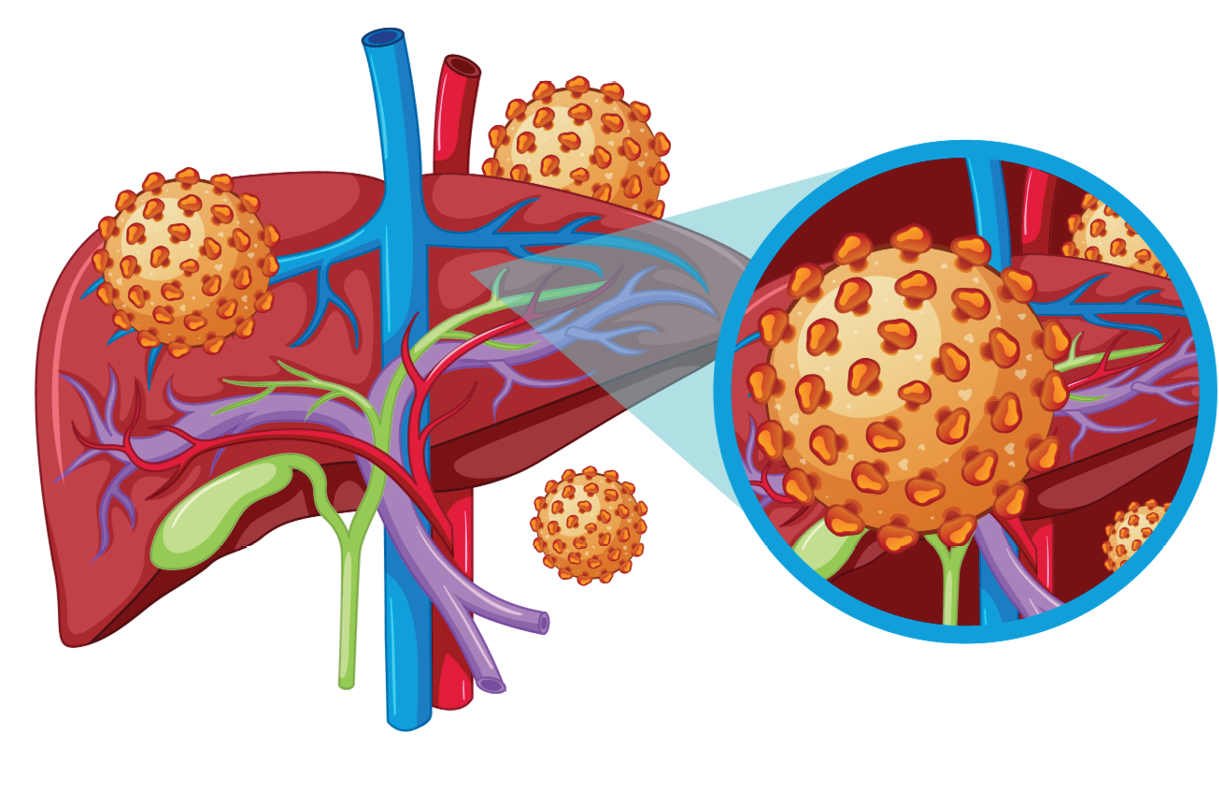
South Africa joins the global community to raise awareness of viral hepatitis, a preventable and manageable disease which remains a silent and neglected cause of morbidity and mortality worldwide.
Hepatitis is an inflammation of the liver and is often caused by a virus. Viral hepatitis means there is a specific virus causing your liver to inflame (swell or become larger than normal).
World Hepatitis Day is observed each year on 28 July to educate the public about the disease.
Viral hepatitis is responsible for an enormous health burden, mostly due to chronic hepatitis B and C infection.
People living with underlying conditions such as HIV are at a higher risk due to co- infection which further increases the burden of liver disease.
There are 5 main hepatitis viruses, referred to as types A, B, C, D and E, which spread in different ways including contact with contaminated food or water (A & E), contact with blood or bodily fluids of an infected person (B), blood-to-blood contact (C) and contact with infected blood (D).
The prevention of this infectious disease includes both pharmaceutical and non- pharmaceutical interventions such as:
vaccine, practicing safer sex, good hygiene, avoid sharing needles, toothbrushes and razors.
Avoid drinking water from known potentially unsafe source and cooking food well can prevent the spread of the disease.
Viral hepatitis is typically asymptomatic. "Asymptomatic" means a person is sick with something, but they don’t feel or look sick at all. However, symptomatic means someone has an illness and shows signs that they’re sick.
If symptomatic or rather showing symptoms of the disease, a person may have the following:
fever, malaise, loss of appetite, diarrhoea, nausea, abdominal discomfort, dark-coloured urine and jaundice (a yellowing of the skin and whites of the eyes).
In some cases, the virus can also cause a chronic liver infection or liver cancer, putting patients at a higher risk of death, unless they get treatment.
People, especially those experiencing any of the hepatitis symptoms are urged to go for screening and testing at their nearest clinic for early diagnosis and treatment depending on the type of hepatitis.
Those at higher risk of serious health complications if they contract Hepatitis B and/or C need vaccine (Hepatitis B) include all newborns and previously unvaccinated children and adolescents.
People with more than one sex partners, people who use/inject drugs and individuals infected with HIV and/or other sexually transmitted diseases are also at a high risk.
This information was supplied by the Department of Health.



 Facebook
Facebook Twitter
Twitter WhatsApp
WhatsApp